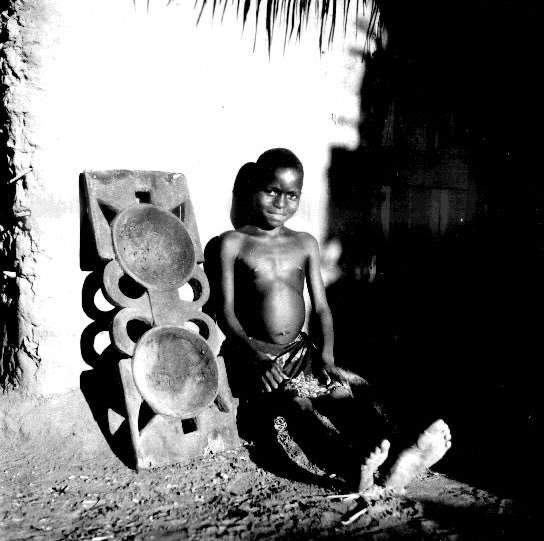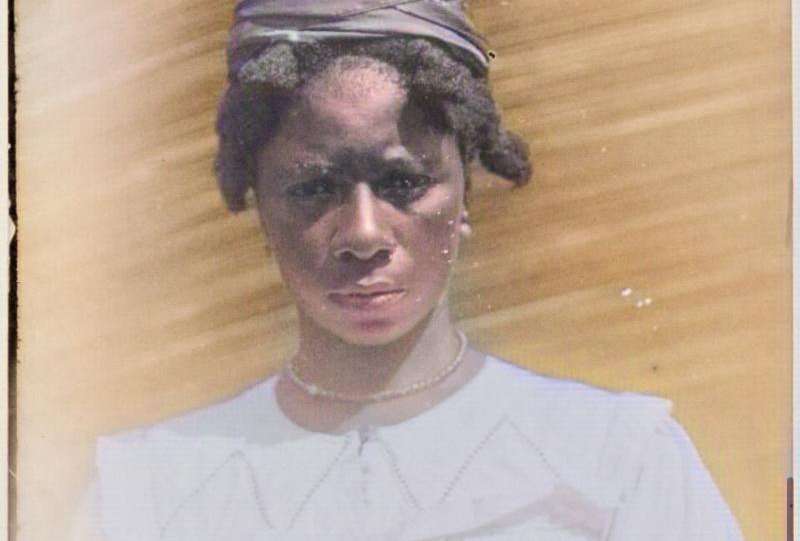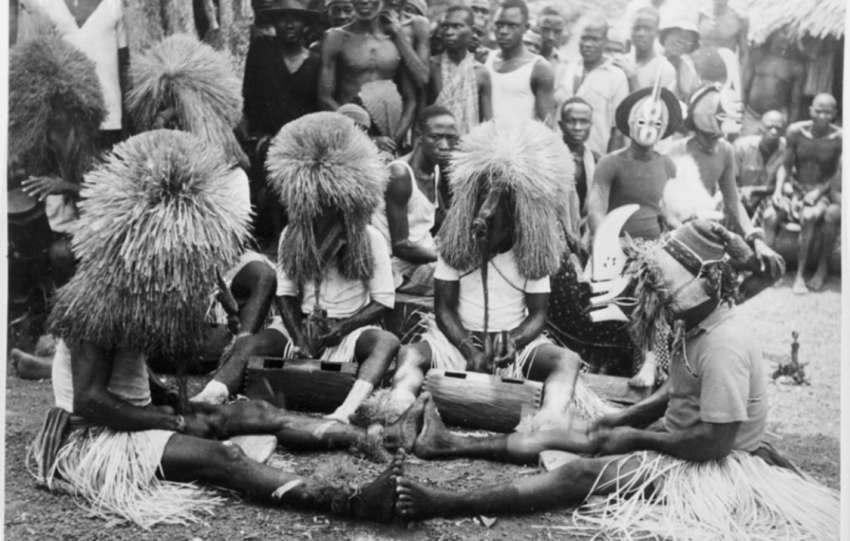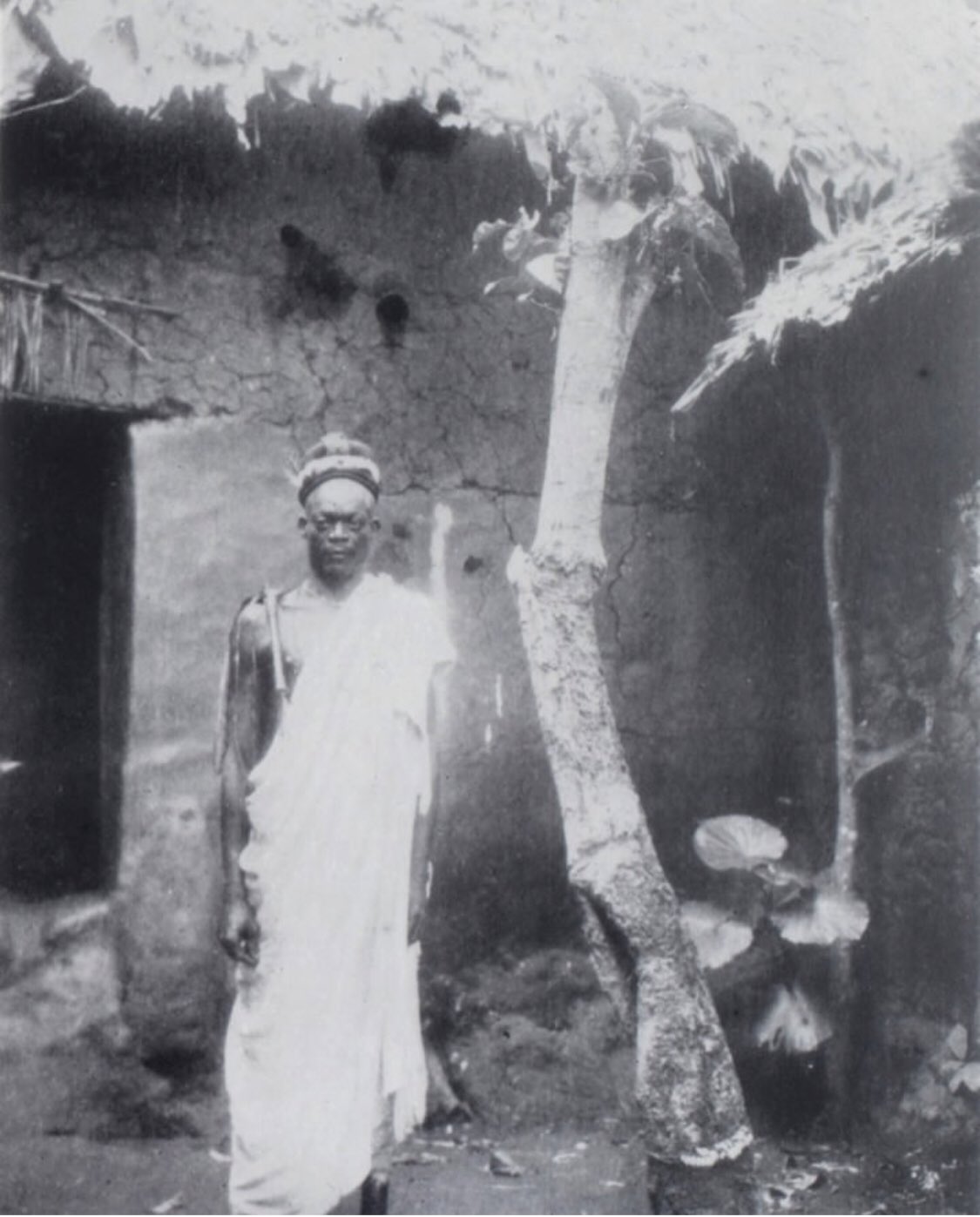
Etche and Oratta tribes share several cultural, linguistic, and traditional similarities that is highly indistinguishable, mainly due to their close proximity and intertwined histories of origins.
Today they have evolved to two different tribes despite being of the same stock.
Oratta are made up of sub-tribes, i.e; Owerri, Uratta, Nekede, Umunoha, Ngor, Abala, Obudi, Umuakpo, Obike and Emerienwe.
While the Etche are made of sub-tribes, i.e; Echie (Etche), Omumma and Okpala (Okpuala).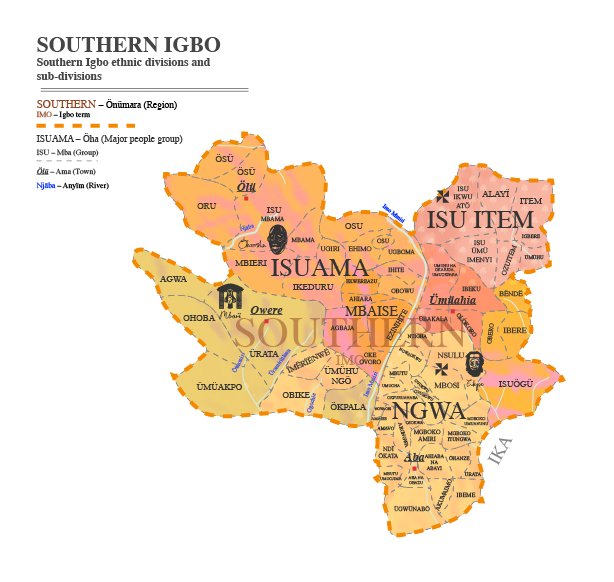
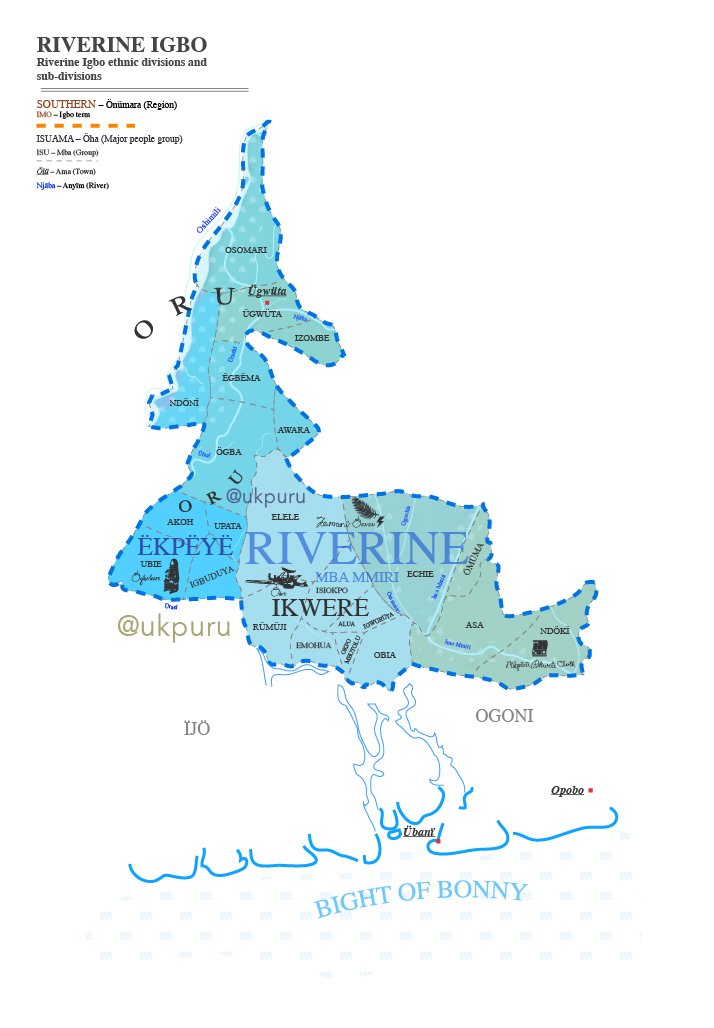
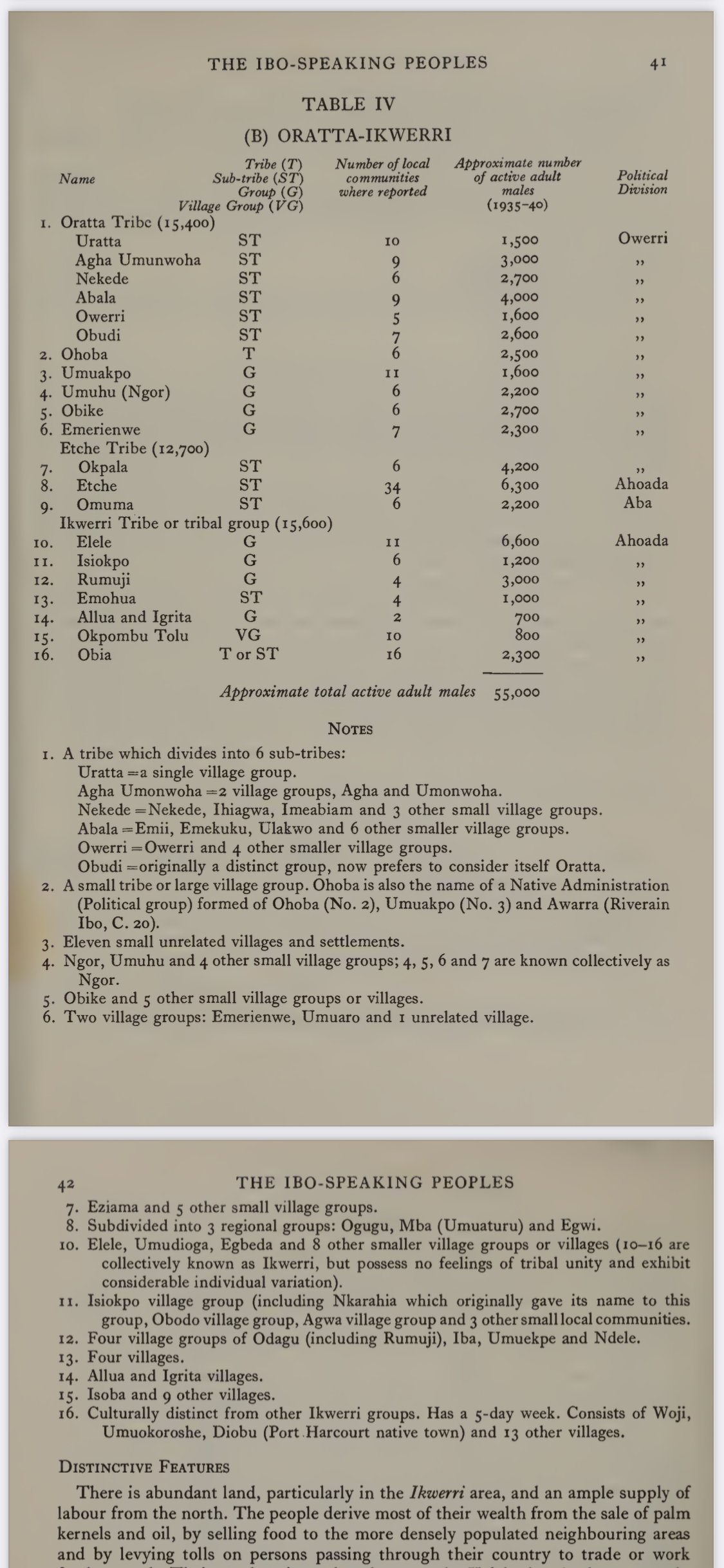
Here are the key similarities between these two tribes based on shared language, architecture, masquerades, culture, town names, deities, trades and agriculture.
1. Language
Etche and Oratta people speak dialects of the Igbo language that are mutually intelligible. The dialects may differ slightly, but with the same breathed “r” is found. They share almost same significant vocabulary, expressions, and phonetics.
Examples:
• Both communities use similar Igbo words for everyday communication.
• There are slight variations in pronunciation or accent, but the overall grammar and sentence structures are similar.
2. Masquerades
Masquerades are an important part of traditional festivals and rituals in both Etche and Oratta. They are often used during celebrations like harvest festivals, rites of passage, and other communal events.
Examples:
• Ekwu-Eke (Ekpe): A prominent masquerade seen in both communities. It is associated with leadership and initiation rites.
• Okonko: Another shared secret society and masquerade that emphasizes justice and discipline within the community. It is particularly notable in Etche but also present in Oratta areas.
3. Town Names
Most towns in Etche and Oratta bear similar naming conventions suffix such as “Eri” and prefix such as “Umu” and “Igbo” and reflecting their shared historical and cultural ties.
Examples:
•Eberi (Etche) and Mbaeri (Owerri): Both having the Eri suffix, which attributes them to Eri or Umueri at some ancient time.
•Umuechem (Etche) and Umuoye (Ngor-Okpala): Both have “Umu-” prefixes, which means “children of” in Igbo, a common way to name towns and communities.
•Obibi: Obibi is a town in both Etche and Ngor-Okpala, showing a strong link between the two areas.
4. Deities
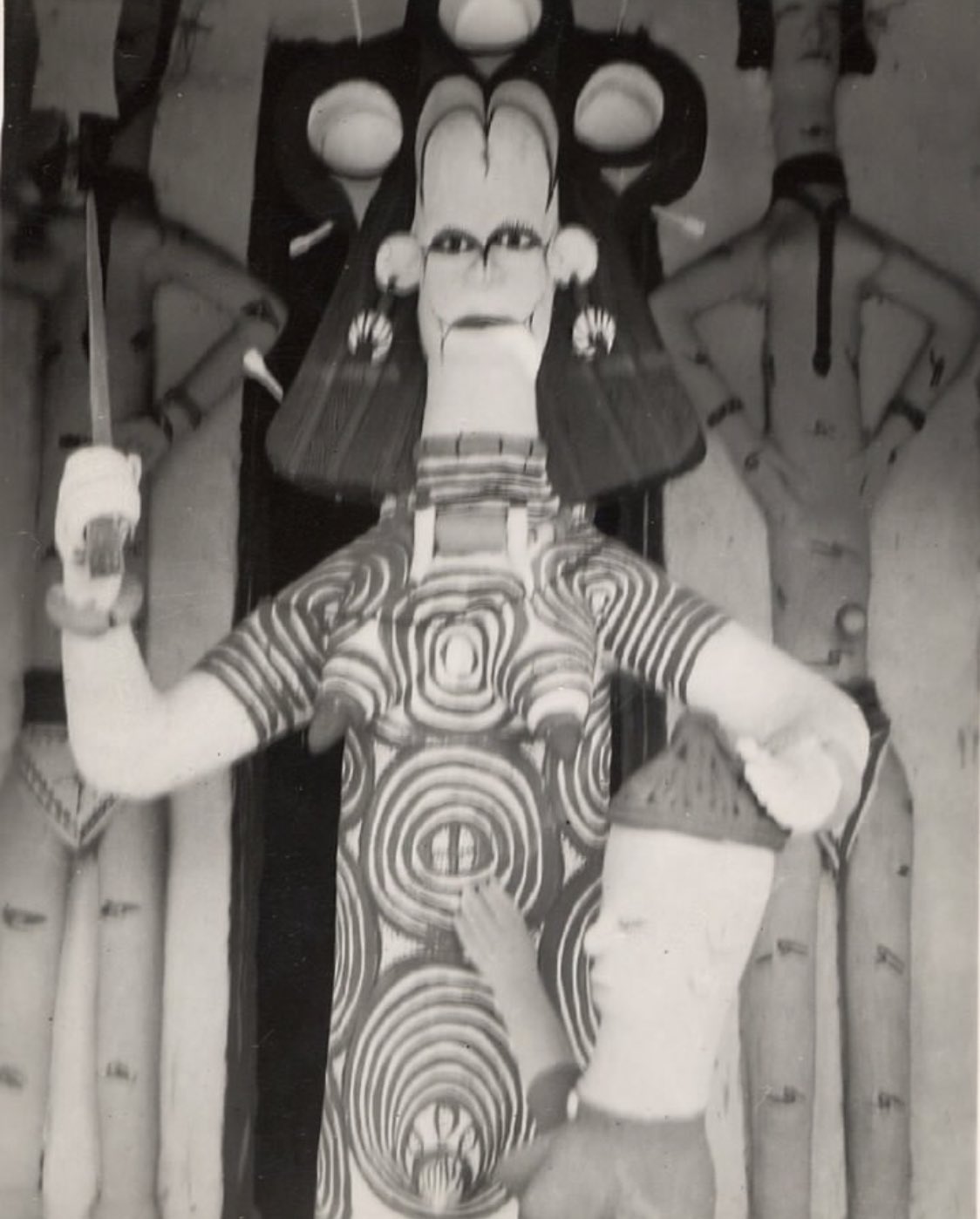
Both Etche and Oratta share common deities, especially those related to land, fertility, and protection. The worship of deities such as Ala (the earth goddess) is central in both cultures, though there may be some localized variations in how these deities are honored.
Examples:
•Ala (Ani): The earth goddess, who is central to land ownership, fertility, and justice in both Etche and Oratta.
•Amadioha: The god of thunder and justice, revered in both communities, though his presence may be stronger in certain subgroups like Ozuzu, Etche where it’s traditional shrine is situated is also worshiped and revered by Oratta and Igbo people at large.
•Ikenga: A symbol of strength, personal achievement, and masculinity, is important in both Etche and Oratta.
5. Cultural Practices
Etche and Oratta share numerous cultural practices, especially in terms of social organization, festivals, and marriage rites.
Examples:
•Iri ji (New Yam Festival): Both communities celebrate the New Yam Festival, which is a central agricultural and cultural event in Igbo land, signifying thanksgiving for a bountiful harvest.
•Traditional Marriage Rites: Marriage ceremonies in both Etche and Oratta follow the Igbo traditional framework, which involves bride price, family negotiations, and community involvement like the Umunna and Umuada.
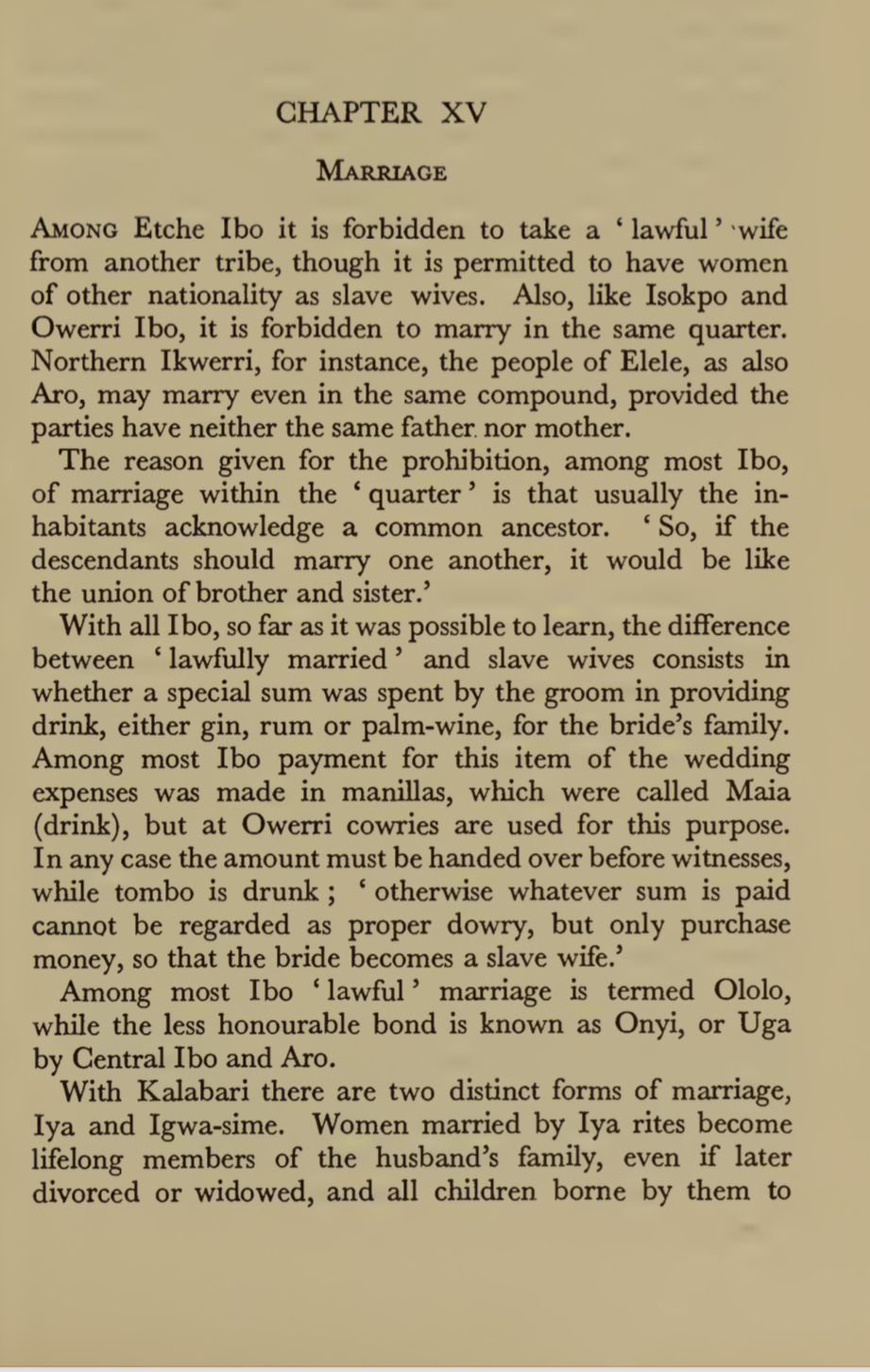
Land Ownership Customs: Both groups have similar customs regarding the ownership and inheritance of land, with strong communal ties to the land through their worship of Ala.
6. Architecture:
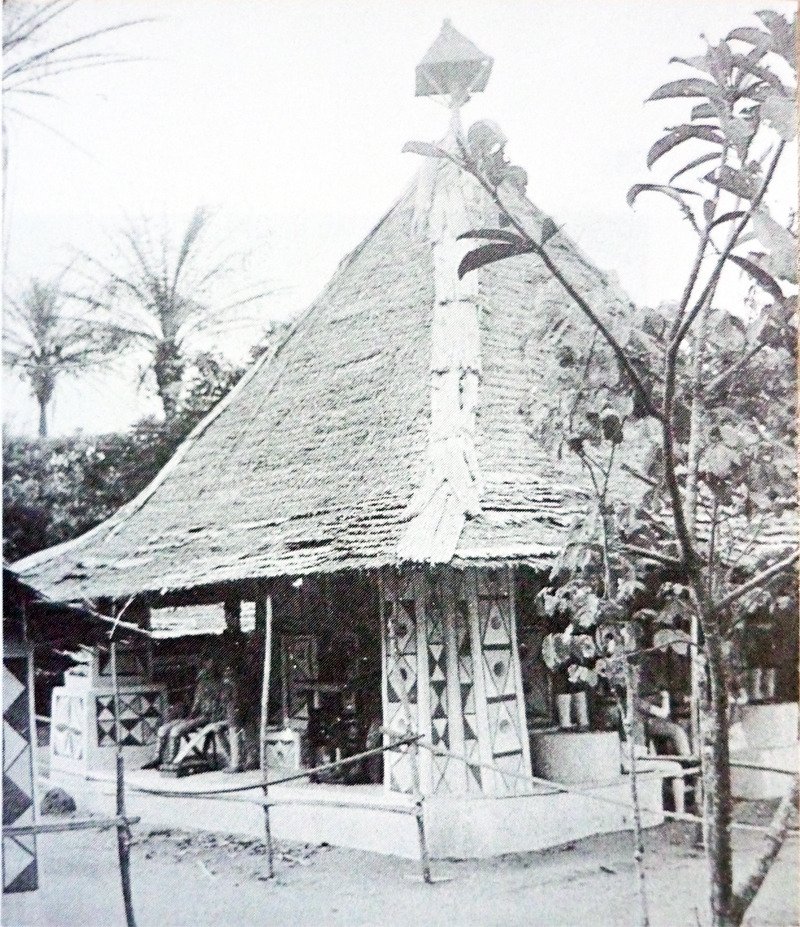
7. Trades:
The people of Etche and Oratta derive most of their wealth from the sale of palm kernels and oil, by selling harvested crops like yam, cocoyam and other crops to the more densely populated neighbouring areas.
8. Agriculture:
Etche and Oratta groups are better yam farmers, Farms are worked by both men and women, growing of yams, cassava and cocoyams are prevalent between the two tribes.
Etche and Oratta share many cultural, linguistic, and traditional similarities, particularly around language, masquerades, deities, and cultural festivals. Their close historical ties and geographical proximity have allowed them to maintain these shared aspects of Igbo culture, even as they may also have unique local differences.
Reference:
The Ibo and Ibibio Speaking People of South-eastern Nigeria. Darryl Forde and G.I. Jones
Traditions of lgbo Origin · A Study of Pre-Colonial Population Movements in Africa. – J.N. Oriji
Tribes of the Niger Delta – P.A. Talbot

